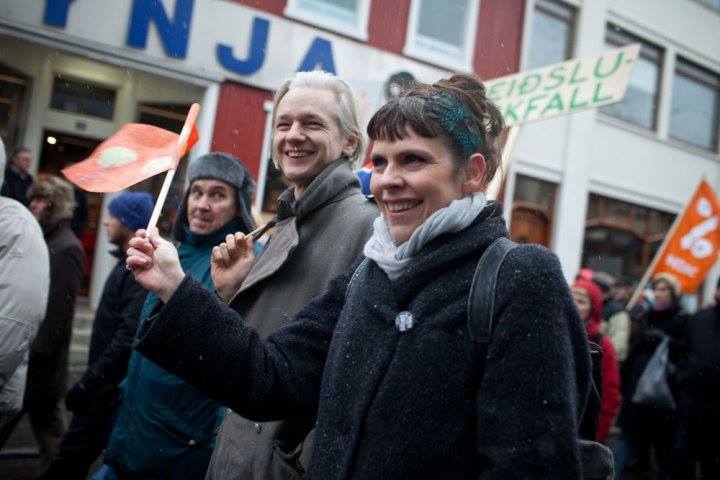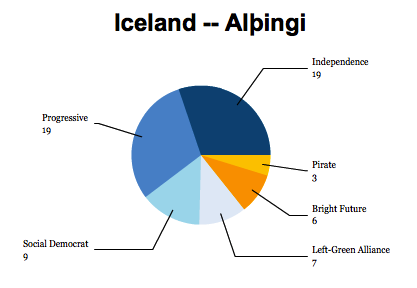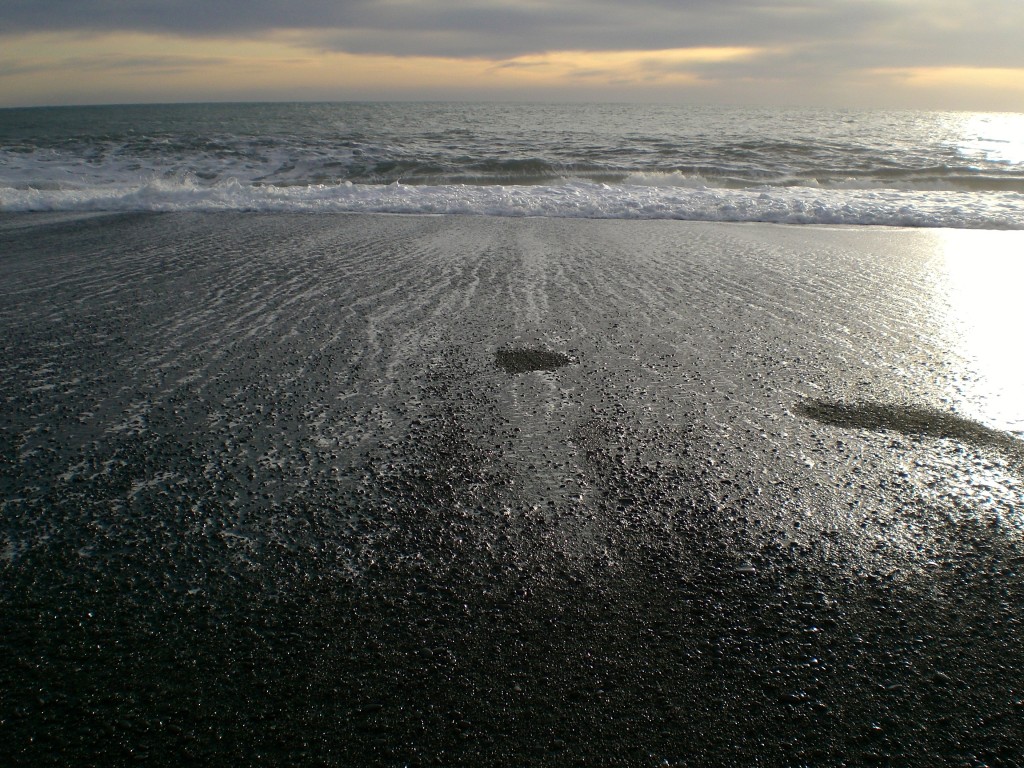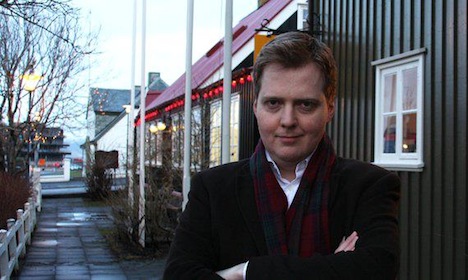
In a normal environment, elections would be due in Iceland only in April 2017.![]()
But after its prime minster, Sigmundur Davíð Gunnlaugsson, suddenly resigned on Tuesday the small Nordic country could be headed to snap elections. If so, the beneficiary is likely to be the new Píratar (the Pirate Party), a protest movement rooted in the values of direct democracy and transparency, that would, if elected, grant Edward Snowden Icelandic citizenship.
It’s a relatively new party formed in 2012 by Birgitta Jónsdóttir, a former Wikileaks official and social activist first elected as an MP in 2009 from the Citizen’s Movement that emerged out of the ashes of Iceland’s banking crisis and reelected as one of three Pirate MPs in 2013. The party is a motley protest group of hacktivists, anarchists and other outsiders. Staunchly in favor of greater privacy for individuals and more transparency in government, the Pirates want to reduce the working week to 35 hours and liberalize drug legislation.
The weekend’s ‘Panama Papers’ leak revealed that the Icelandic prime minister and his wife owned an offshore company, Wintris, with over $4 million in assets. More damning, the company is a creditor to all three Icelandic banks that collapsed in 2008 and 2009. Previously undisclosed, the company’s existence (and its stake in Iceland’s failed banks) amounts to an unpardonable conflict of interest, given the role that Gunnlaugsson’s government has played in sorting out the post-collapse claims from remaining creditors against those three banks. Gunnlaugsson, who took steps to transfer the interest in the offshore company to his wife, never publicly acknowledged that Wintris was, in fact, one of those creditors, even as he campaigned on negotiating a hard line against those creditors.
Gunnlaugsson came to power after the April 2013 elections, in which his economically liberal Framsóknarflokkurinn (Progressive Party) narrowly trailed the more established, center-right Sjálfstæðisflokkurinn (Independence Party), ushering out a left-wing government elected in the aftermath of Iceland’s banking collapse. Continue reading Iceland’s Pirate Party stands to gain from Panama Papers mess





